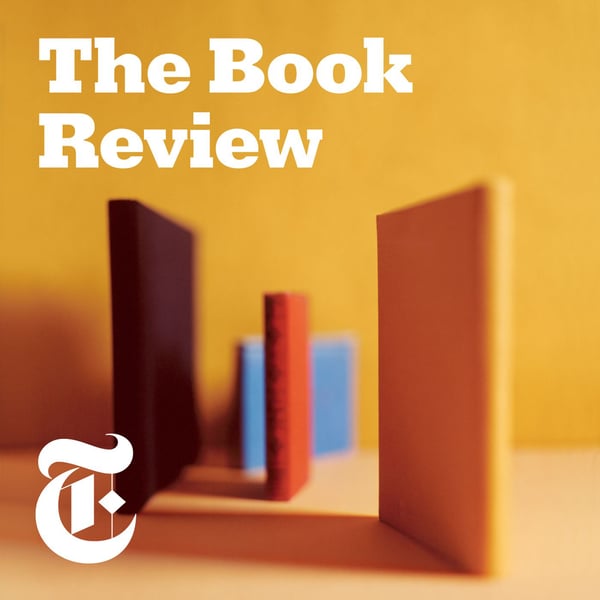Eleanor Catton on ‘Birnam Wood’
The Book Review
The New York Times
4.2 • 3.7K Ratings
🗓️ 28 April 2023
⏱️ 33 minutes
🧾️ Download transcript
Summary
Transcript
Click on a timestamp to play from that location
| 0:00.0 | Hello everyone, I'm Gilbert Cruz and this is the Book Review Podcast. Joining me this |
| 0:12.6 | week is the novelist and screenwriter Eleanor Kent. In 2013 she released her second book, |
| 0:18.4 | The Luminaries, a sprawling story set in 1866 New Zealand during that nation's gold rush |
| 0:24.5 | period. Critically claimed it would go on to win the Book of Christ, making her the youngest |
| 0:31.3 | ever winner of that award, which is something that she'll have to hear or read about herself |
| 0:36.3 | until the end of time. Her latest is Burnham Wood, a literary thriller set in present-day New Zealand |
| 0:42.5 | about a group of eco-activists, an American tech billionaire, and the plot of land that they |
| 0:47.8 | come both to share and clash over. Eleanor, thank you for being here today to talk about the book. |
| 0:55.7 | Thanks for having me. So I'll start not talk about the book, but very quickly, is it weird to have a |
| 1:00.6 | phrase like the youngest ever winner of the Booker Prize attached you so early in your career, |
| 1:05.4 | it really is going to be the thing in every article and every, it's just it has to be there. |
| 1:10.6 | Until somebody younger wins it, I always mentally add on so far to the end of this sentence. |
| 1:16.0 | A fair point. How has that made you think about your career, if at all? |
| 1:20.9 | It's a funny kind of thing to have to contend with in a way because nobody can help how old they are |
| 1:26.5 | at any time. It's one of the things we don't have any control over. One of the biggest literary |
| 1:31.4 | influences in my life has been Mary Shelley's Frankenstein, actually. It was a huge influence on |
| 1:35.9 | the luminaries in lots of ways, which Mary Shelley wrote when she was 19 years old. So I kind of think |
| 1:41.9 | that I'm pretty much over the hill compared with that example. It's something that I have thought |
| 1:45.8 | about a lot, especially with writing Burnhamwood, how my generational placement or positioning |
| 1:52.9 | has kind of conditioned me. The book is designed generationally. There are three generations that |
| 1:59.1 | are represented in terms of the points of view. And I wanted to really explore the generational |
| 2:04.9 | differences in terms of how we deal with certain contemporary problems that were all kind of |
... |
Please login to see the full transcript.
Disclaimer: The podcast and artwork embedded on this page are from The New York Times, and are the property of its owner and not affiliated with or endorsed by Tapesearch.
Generated transcripts are the property of The New York Times and are distributed freely under the Fair Use doctrine. Transcripts generated by Tapesearch are not guaranteed to be accurate.
Copyright © Tapesearch 2025.

